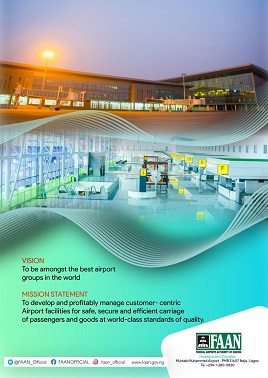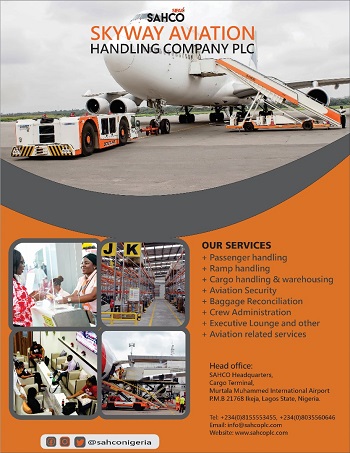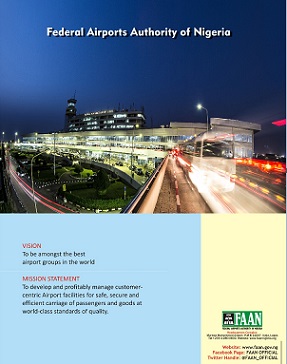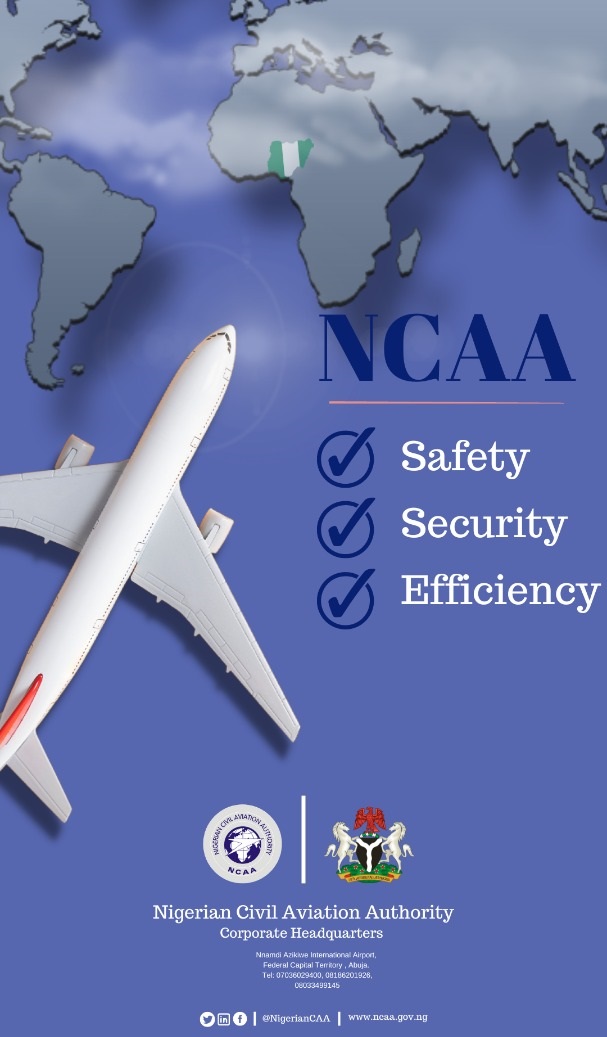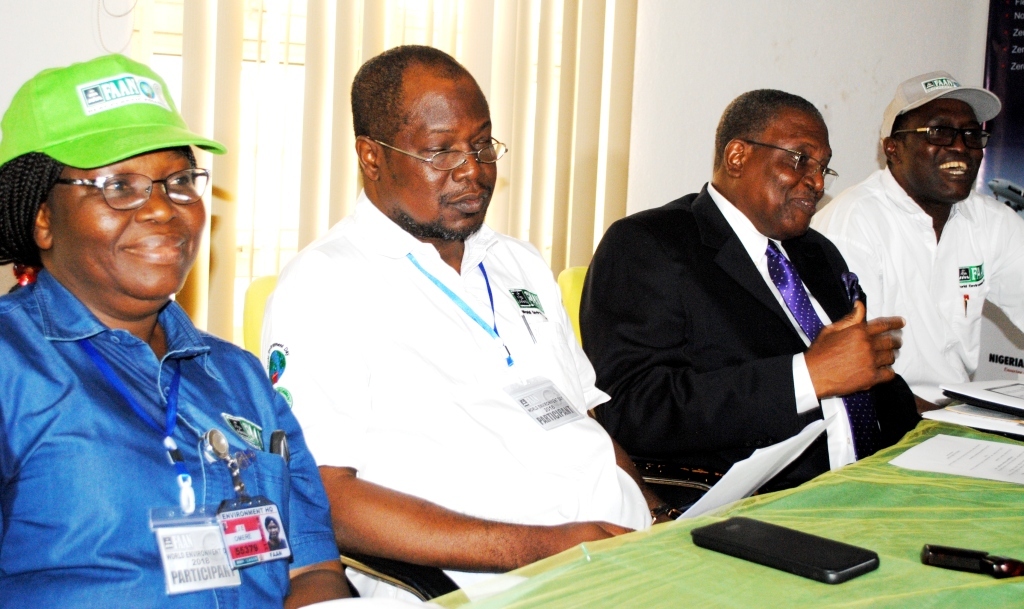
As the aviation industry in Nigeria joined the rest of the world to celebrate World Environment Day, stakeholders in the industry have been urged to perfect strategies that would effectively mitigate plastic pollution in the sector to reduce threat to safety and security from the source.
Speaking at the seminar with the theme; Beating Plastic Pollution, organised by the Federal Airports Authority of Nigeria (FAAN) and Nigeria Environmental Society (NES), speakers agreed that plastic pollution has become a phenomena that poses serious threat to safety and security in the sector.
In his welcome address at the occasion, Managing Director/CEO of FAAN, Engr. Saleh Dunoma who was represented by the Director of Engineering and Projects, Engr. Salisu Daura said though airports don’t produce plastic products, however agreed that plastic products are used in large volume in the industry which he noted is capable of constituting great hazard to the airport environment.
“The Airports though do not produce plastic products; however, they provide avenues for installations of plastic products in form of facilities as well as selling of items packed in plastic containers, thereby contributing to plastic waste generation into the immediate and the larger environment
“Large chunks of industrial and consumer products are either made up of plastics materials or packed in plastic container. This ranges from water in plastic bottles, chemicals in plastic containers, plastic keyboards, plastic computer monitors, plastic carriage bags, plastic buckets, etc. The wastes generated after using products made of plastic materials or packed in plastic containers are not only problems for the earth; they are also bad for our health and ecology. Beyond this, plastics constitute a lot more environmental hazards,” said Dunoma.
The Guest speaker at the seminar, Professor of Chemistry, University of Lagos (UNILAG), Prof. Babajide Alo cautioned that if the current trend of plastic pollution in the country is not checked, there would be more plastic than fish in the ocean by year 2050.
He equally noted that that since aviation remains the greatest user of plastic products, with nearly everything in the industry having a touch of plastic, advised that the industry should replace plastic products with other reusable products in the industry.
Alo however said the reduction in the production of plastic products said would not affect employment in the economy but would rather create jobs. On the issue of what to use to ensure security of passengers on board an aircraft if plastic products are not used, he suggested that degradable products such as papers and aluminum foils could be used to serve in-flight caterings
Also in his goodwill address at the occasion, the Commissioner, Accident Investigation Bureau (AIB) Engr. Akin Olateru said as the world’s population continues to grow, the amount of garbage including plastic, human beings generate, also increases. Noting that this increase is as a result of changing lifestyle has no doubt constituted hazard to the aviation environment.
‘As the world’s population continues to grow, so does the amount of garbage that people produce. On-the-go lifestyles require easily disposable products, such as soda cans or bottles of water, but the accumulation of these products has led to increasing amounts of plastic pollution around the world. As we are all aware, plastic is composed of toxic pollutants and as such has potential to cause great harm to the environment in the form of air, water and land pollution,” Olateru said.
The AIB commissioner who was represented by the General Manager, Security, AIB, Mr. Olumide Osineye at the occasion said, “Airport should develop a mechanism to check and remove Foreign Objects Debris (FOD) and the likes which include plastics, from runway, taxiway, apron, aircraft parking areas and loading ramps.
He added that a debris management program should be developed to include awareness and training, detection through manual inspections and equipment; removal using equipment and evaluation of the program through data collection to identify ways to make improvement.
According to him, “Some tips in reducing plastic waste include shop friendly, get rid of bottled water – make use of reuseable water bottles as a substitute thus reducing plastic waste and exposure to leaking bottles.
“Concessionnaires at airport can be advised on options they can switch to for packaging, storing and bagging items. Many companies around the world today are coming up with excellent low-cost replacements, such as bamboo utensils in place of plastic ones.”


